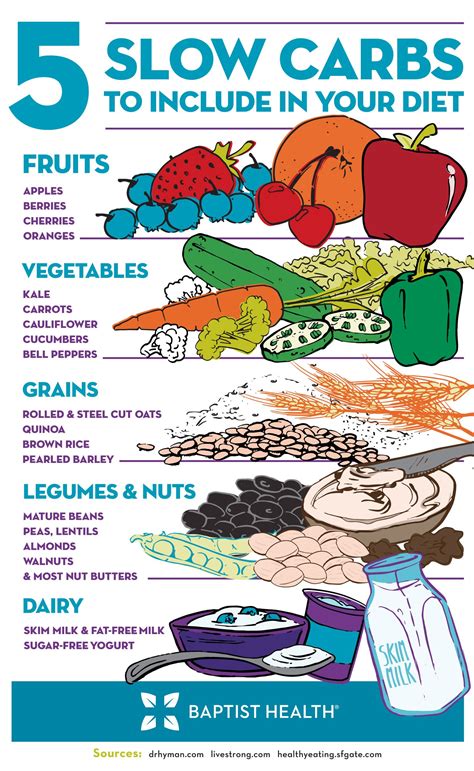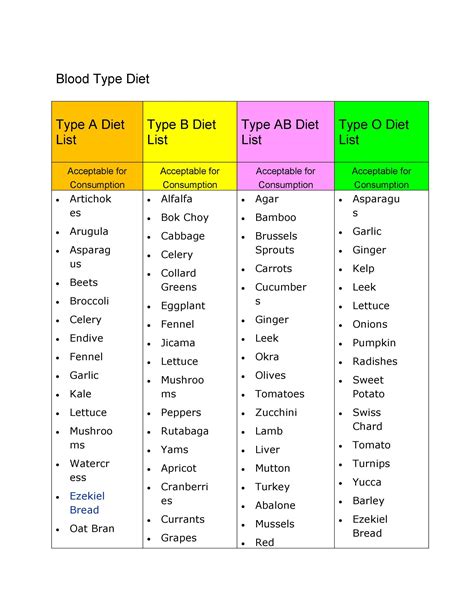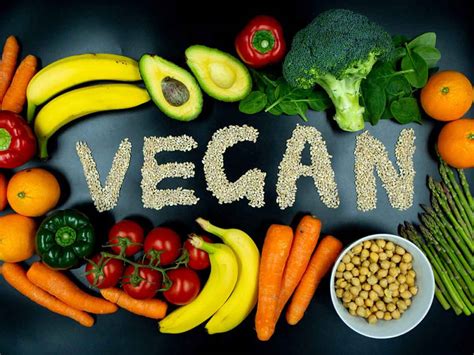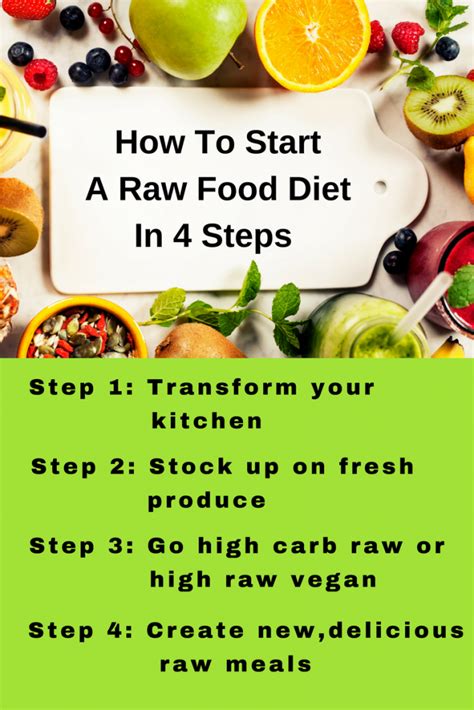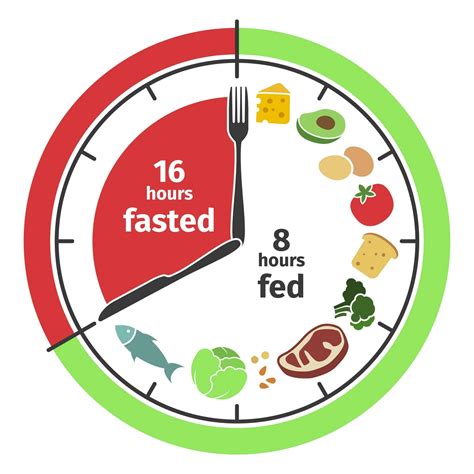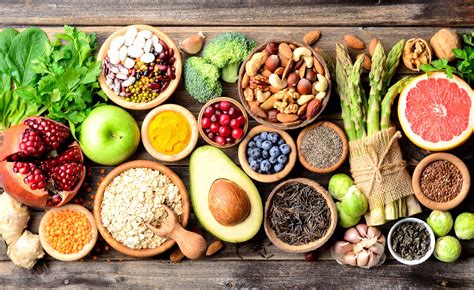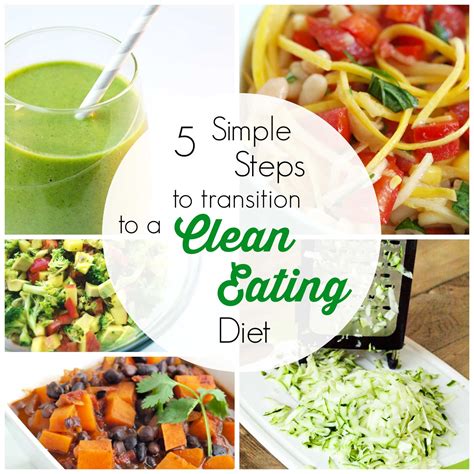Discover the principles, benefits, and foods to eat on the Slow-Carb Diet. Get tips for success and start your health journey today.
What is Slow-Carb Diet?
Contents
What is Slow-Carb Diet?
Slow-carb diet is a type of diet that restricts the intake of carbohydrates, particularly those with a high glycemic index. The main principle behind this diet is to eliminate foods that cause a rapid increase in blood sugar levels, such as bread, pasta, and other starchy foods.
Instead, the Slow-carb diet focuses on consuming protein, legumes, and vegetables, as well as healthy fats. This can help to stabilize blood sugar levels, reduce cravings, and promote weight loss.
One of the key components of the Slow-carb diet is the concept of cheat days, during which followers of the diet are allowed to indulge in their favorite high-carb foods. This can help to prevent feelings of deprivation and make the diet more sustainable in the long term.
Overall, the Slow-carb diet has gained popularity due to its potential benefits for weight loss, blood sugar control, and overall health.
Principles of Slow-Carb Diet
Principles of Slow-Carb Diet
Principles of Slow-Carb Diet
The Slow-Carb Diet is founded on several fundamental principles that are designed to promote weight loss and improve overall health. These principles include the consumption of slow-digesting carbohydrates, high-quality protein, healthy fats, and fiber-rich foods. The diet also emphasizes the avoidance of simple carbohydrates, processed foods, and liquid calories.
In addition, the Slow-Carb Diet encourages individuals to follow a few simple rules, such as having the same few meals repeatedly, avoiding white carbohydrates, eating protein within 30 minutes of waking, and consuming vegetables separately from protein and legumes. These principles are intended to regulate blood sugar levels, optimize fat burning, and create a sustainable eating plan.
Another key principle of the Slow-Carb Diet is the implementation of a cheat day once a week, during which participants are allowed to indulge in their favorite foods. This cyclical approach is believed to prevent metabolic slowdown and psychological burnout, making it easier to adhere to the diet in the long run.
By understanding and applying these principles, individuals can effectively adhere to the Slow-Carb Diet and experience the numerous benefits associated with this approach to eating.
Benefits of Slow-Carb Diet
Slow-carb diet is a dietary approach that emphasizes on consuming slow-digesting carbohydrates, lean protein, and healthy fats. This type of diet has numerous benefits for overall health and weight management.
One of the major benefits of slow-carb diet is its ability to promote weight loss and fat burning. By focusing on slow-digesting carbohydrates, the diet helps in stabilizing blood sugar levels and preventing insulin spikes, which in turn reduces cravings and helps in controlling appetite. This can lead to weight loss and a reduction in body fat percentage.
In addition, the slow-carb diet can also improve insulin sensitivity and reduce the risk of developing type 2 diabetes. The emphasis on consuming whole, unprocessed foods and healthy fats can also have a positive impact on heart health, cholesterol levels, and overall metabolic health.
Furthermore, the slow-carb diet can provide sustained energy levels throughout the day due to the slow-release of carbohydrates, leading to improved physical performance and mental focus. This can be especially beneficial for athletes and individuals with active lifestyles.
Overall, the slow-carb diet offers a range of health benefits, including weight management, blood sugar control, cardiovascular health, and sustained energy levels, making it a promising dietary approach for individuals looking to improve their overall well-being.
Foods to Eat on Slow-Carb Diet
When following a slow-carb diet, it’s important to focus on eating foods that are low in carbohydrates and high in protein. Some of the best foods to include in your diet are lean proteins such as chicken, turkey, and fish. These foods are not only low in carbs, but they are also high in protein, which can help keep you feeling full and satisfied.
Another important food group to include in your slow-carb diet is vegetables. Vegetables such as spinach, broccoli, and kale are low in carbs and high in fiber, which can help with digestion and keep you feeling full. These vegetables also provide essential vitamins and minerals that are important for overall health.
Beans and legumes are also a great addition to a slow-carb diet. Foods like black beans, lentils, and chickpeas are high in protein and fiber, making them a filling and nutritious choice. They also have a low glycemic index, which means they won’t cause a rapid spike in blood sugar levels.
Additionally, healthy fats such as avocados, nuts, and olive oil can be included in a slow-carb diet. These foods provide essential fatty acids and can help keep you feeling satisfied between meals. Just be sure to consume them in moderation, as they are calorie-dense.
Tips for Success on Slow-Carb Diet
Success on a Slow-Carb Diet requires consistency, dedication, and smart choices. One of the key tips for ensuring success on this diet is to plan your meals in advance. By preparing your meals ahead of time, you can ensure that you have healthy options readily available and avoid the temptation of reaching for unhealthy snacks. Additionally, it’s important to stay hydrated by drinking plenty of water throughout the day. Water helps to keep you feeling full and can also aid in digestion and metabolism, both important factors in achieving success on the Slow-Carb Diet.
Another essential tip for success on the Slow-Carb Diet is to focus on high-quality, nutrient-dense foods. This means incorporating a variety of vegetables, lean proteins, and healthy fats into your meals. By prioritizing these foods, you can ensure that your body is getting the essential nutrients it needs to thrive while on the diet. Along with this, it’s important to be mindful of portion sizes and to avoid overeating. Eating slowly and savoring each bite can help you to tune into your body’s hunger and fullness cues, preventing overconsumption and promoting success on the Slow-Carb Diet.
When following the Slow-Carb Diet, it’s also important to stay active and incorporate regular exercise into your routine. Physical activity not only helps to support weight loss and overall health, but it can also assist in maintaining the results of the diet long-term. Whether it’s through daily walks, strength training, or other forms of exercise, finding ways to stay active can contribute to your success on the Slow-Carb Diet. Lastly, it’s crucial to stay patient and persistent. Results on the Slow-Carb Diet may not happen overnight, but by staying committed to the principles of the diet and making these tips a part of your routine, you can achieve lasting success and overall wellness.

